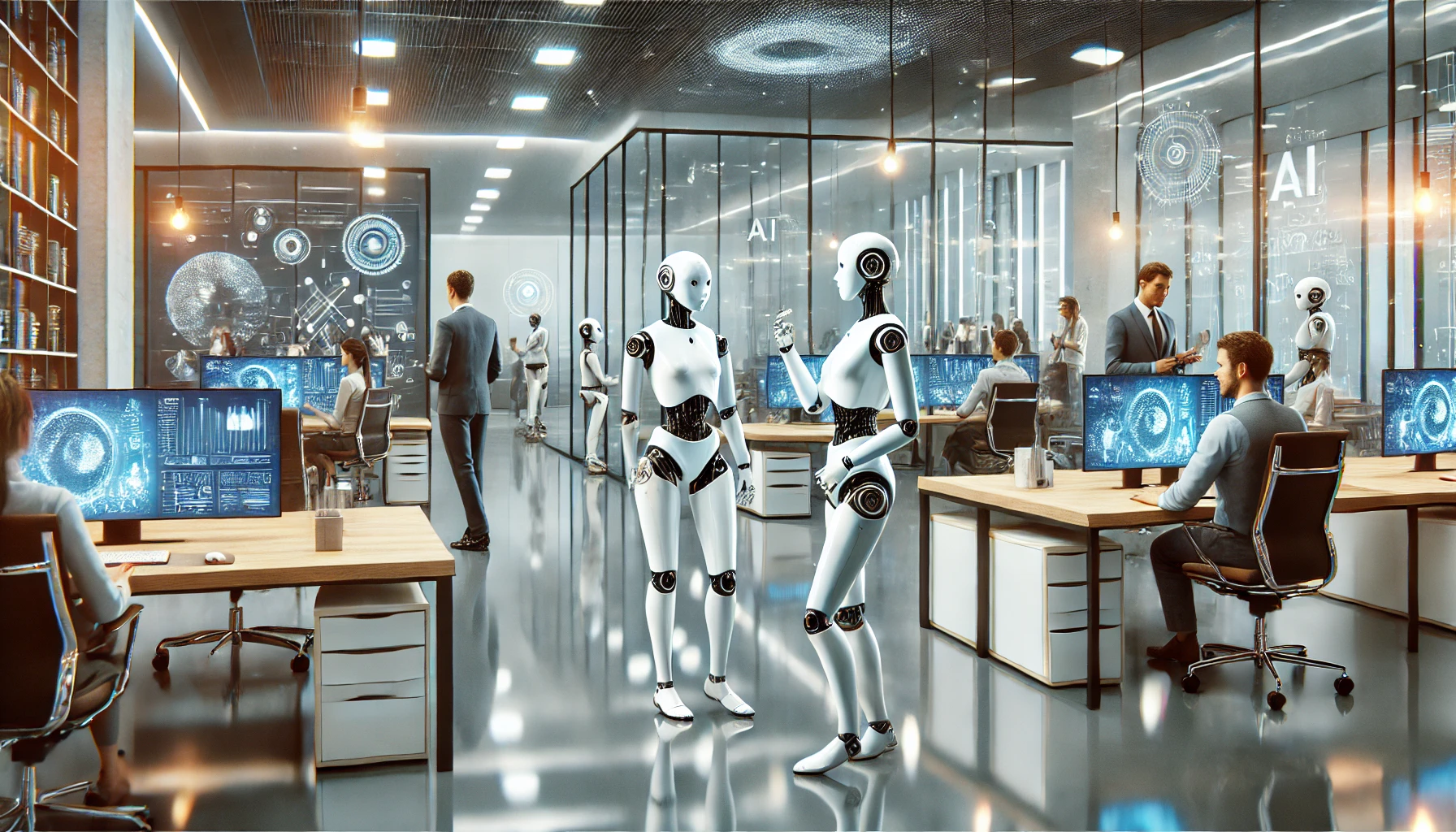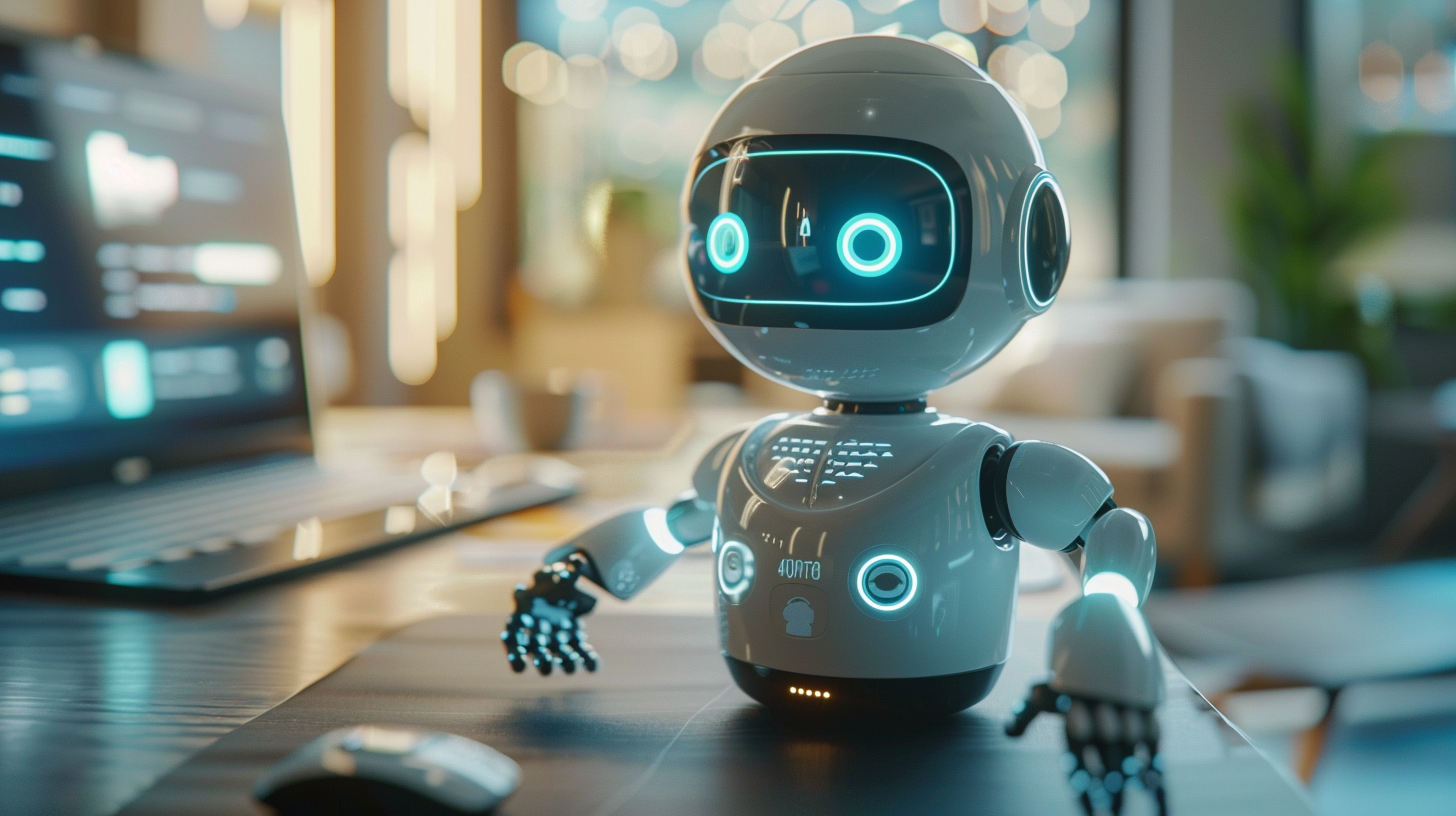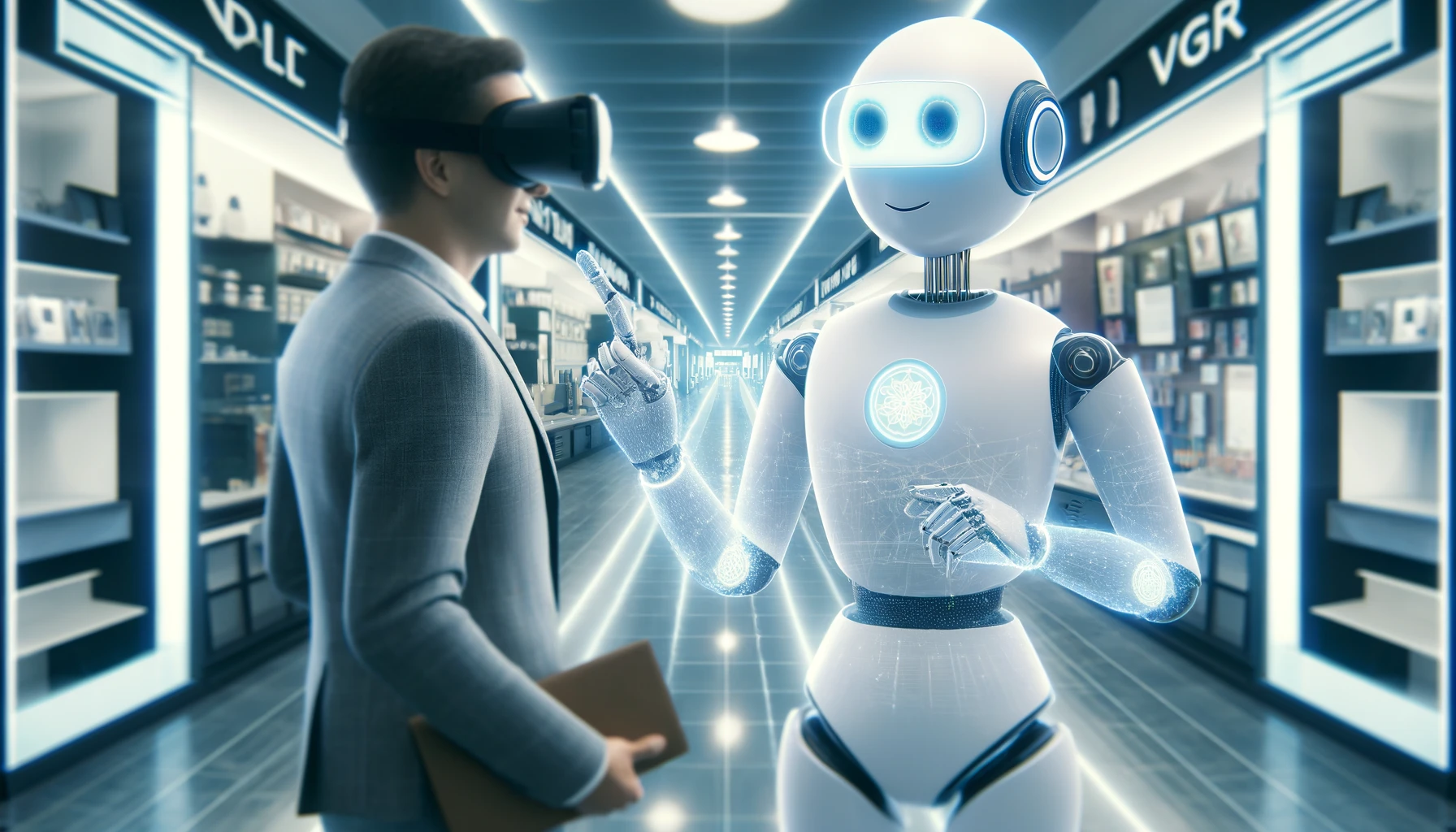
AI Chatbots vs Human Agents: Which is Better for Customer Support?
In today’s competitive business world, effective customer support is crucial. As companies grow, the challenge of scaling support becomes more pressing. Let’s compare AI chatbots vs human agents to see how they fare in training and scaling customer support.
AI chatbots offer quick responses and can handle numerous queries simultaneously. They are available 24/7, providing consistent support without the need for breaks. On the other hand, human agents bring empathy and personalized solutions to complex issues. Training AI chatbots involves programming and updating algorithms, while human agents require ongoing education and skill development. Both have their strengths and can complement each other in a well-rounded support strategy.
Main Benefits of Training AI Chatbots vs Hire Human Agents
Full Control Over Information
AI chatbots offer complete control over the information they provide. By carefully curating their database and setting clear guidelines, you ensure consistent and accurate responses. This control allows businesses to align chatbot interactions with their brand voice and standards. Additionally, it helps in avoiding misinformation and maintaining customer trust. Regular updates and monitoring further enhance the chatbot’s reliability and effectiveness.
Customizable Tone and Voice
You can train AI consultants to adopt your company’s unique tone and voice. This helps maintain a cohesive brand experience across all customer interactions. These chatbots can answer frequently asked questions, assist with product recommendations, and provide instant support. They can also handle multiple queries simultaneously, improving customer satisfaction. Regular updates and monitoring ensure that the chatbots stay aligned with your brand’s evolving guidelines.
Continuous Improvement
As you gather data and feedback, you can refine your chatbot’s knowledge base. This makes it smarter and more efficient over time. Regular updates help the chatbot understand user queries better. Additionally, improving its responses leads to a more satisfying user experience. By continuously analyzing interactions, you can identify gaps in the chatbot’s knowledge and address them promptly. This process ensures your chatbot stays relevant and useful for your audience.
Scalability on Demand
Once trained, AI chatbots can handle a large volume of queries simultaneously. This allows you to scale your customer support effortlessly. They provide quick responses, reducing wait times for customers. Additionally, chatbots can operate 24/7, ensuring that assistance is available at all times. This continuous availability improves customer satisfaction. Chatbots can also handle repetitive tasks, freeing up human agents to focus on more complex issues.
The Challenges of Training Human Agents
Time and Cost Investment
Training human agents requires significant time and financial resources. This can be a bottleneck when scaling your support team. Companies often need to invest in extensive onboarding programs, ongoing training sessions, and performance monitoring. Additionally, recruiting and retaining skilled agents can be challenging, leading to higher turnover rates. Automated solutions can help mitigate these challenges by providing consistent, scalable support without the associated overhead.
Consistency and Quality Control
Ensuring consistent quality across a large team of human agents is challenging. Individual skills and approaches may vary, affecting the customer experience. Training programs and regular assessments can help, but they require significant time and resources. Moreover, monitoring performance and providing personalized feedback are crucial for maintaining high standards. This process involves balancing workloads and addressing any skill gaps promptly. Using technology to support agents, such as AI tools for common queries, can also improve overall efficiency and consistency.
Turnover and Retraining
As human agents leave, you need to invest in hiring and training new staff. This is necessary to maintain support levels, which can be costly and time-consuming. Additionally, finding skilled replacements can be challenging, and the onboarding process often disrupts ongoing projects. The constant turnover may also affect team morale and productivity. Training new employees involves extensive resources, including time, money, and mentorship from experienced staff.
The Best of Both Worlds: AI Chatbots with Human Supervision
To enjoy the benefits of both AI chatbots and human agents, consider a hybrid approach:
- Train AI chatbots to handle most queries.
- Implement a system where chatbots can escalate complex issues to human supervisors.
- Use insights from human interactions to continuously improve your AI chatbots.
By combining the scalability of AI chatbots with the expertise of human supervisors, you can create a customer support system that is both efficient and effective, regardless of how fast your business grows. AI chatbots handle routine queries, providing quick responses to common questions. Meanwhile, human supervisors step in for complex issues, ensuring personalized and high-quality support. This blend allows for 24/7 availability, reducing wait times for customers. As a result, customer satisfaction increases, and your support team can focus on more critical tasks, improving overall service quality.
Why Choose a Hybrid Approach?
Increased Efficiency
AI chatbots can handle repetitive and straightforward queries, freeing up human agents to tackle more complex issues. This increases overall efficiency. They provide quick and accurate responses, ensuring customers receive timely assistance. Additionally, chatbots can operate 24/7, offering support outside regular business hours. This round-the-clock availability improves customer satisfaction.
Better Customer Experience
With AI chatbots handling routine questions, human agents can provide more personalized and detailed support when needed. This improves the overall customer experience. Chatbots can answer frequently asked questions quickly and accurately, freeing up human agents to focus on complex issues. Additionally, they can work 24/7, ensuring that customers receive timely responses at any hour. By combining the efficiency of chatbots with the empathy of human agents, businesses can offer a balanced and comprehensive support system.
Cost-Effective Scaling
A hybrid approach allows you to scale your support team without a significant increase in costs. AI chatbots handle a large volume of queries, reducing the need for a large human support team. This method ensures that routine questions are addressed promptly. At the same time, more complex issues can be escalated to human agents. This balance improves efficiency and customer satisfaction.
Continuous Improvement
Regular feedback from human agents can be used to improve the AI chatbots. This ensures that your support system becomes more effective over time. By analyzing this feedback, developers can fine-tune responses and better address customer queries. Additionally, identifying common issues can help in updating the chatbot’s knowledge base, making it more accurate. Regular updates based on user interactions also keep the system relevant and efficient.
AI Chatbots vs Human Agents: Who’s The Winner?
Comparing AI chatbots to human agents we could summarize that AI chatbots are quick and efficient. While human managers bring a special human touch that’s important for dealing with big issues or serious customer needs. Also, whether you choose a chatbot or a human depends on how complicated the tasks are and how much personal touch you need.
First, chatbots can handle many tasks at once, which speeds up service. On the other hand, human agents excel in situations that need empathy and deeper understanding. Furthermore, simple tasks are great for chatbots because they can do them quickly. However, for anything that needs a special touch, a human is better. Lastly, the decision really comes down to what you need most: speed and automation or personal care and attention.
In the debate of AI chatbots vs human agents, both have their strengths and weaknesses. AI chatbots are excellent for scalability and consistency, offering 24/7 availability and quick responses. They handle repetitive tasks efficiently and reduce the workload for human agents. On the other hand, human agents excel in handling complex issues, providing empathy and personalized interactions. A hybrid approach combines these benefits, ensuring efficient and high-quality customer support. This strategy leverages the speed and efficiency of chatbots while maintaining the human touch for more nuanced situations.
Share Your Experience In Using AI Chatbots
What’s your experience with scaling customer support? Have you found success with AI chatbots, human agents, or a hybrid approach? Share your thoughts in the comments below! We’d love to hear about the tools you’ve used and any challenges you’ve faced. Do you have tips for improving response times or handling high volumes of inquiries? Your insights could help others in their customer support journey.
If you’re passionate about creating any AI assistant to boost your customer support, business automation, and optimize workflow just click the button below and tell us your use case! Let’s collaborate for your brighter business future and develop an advanced AI chatbot for you.



